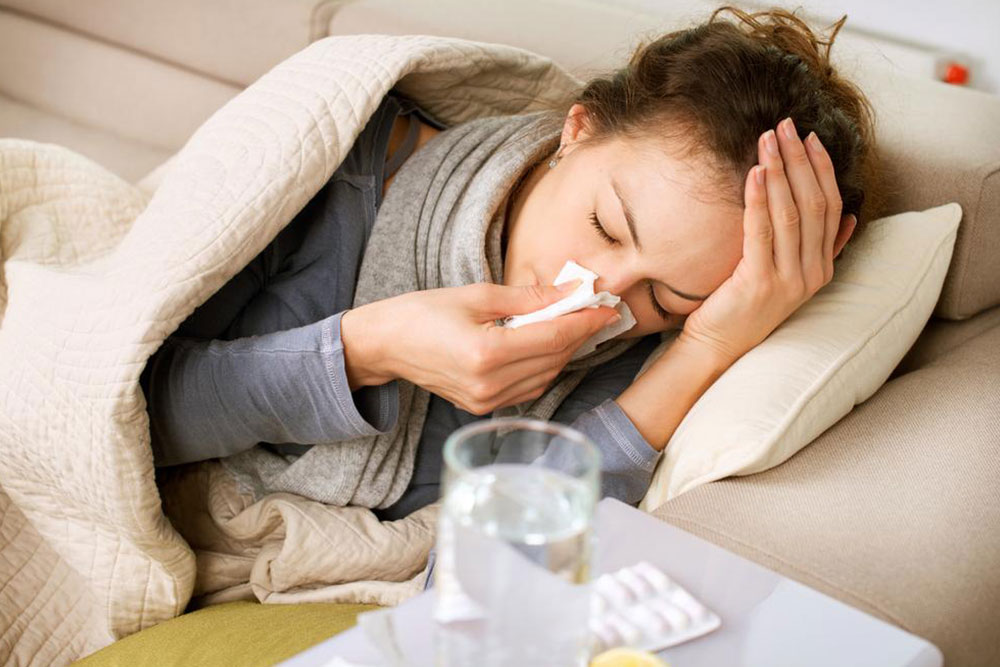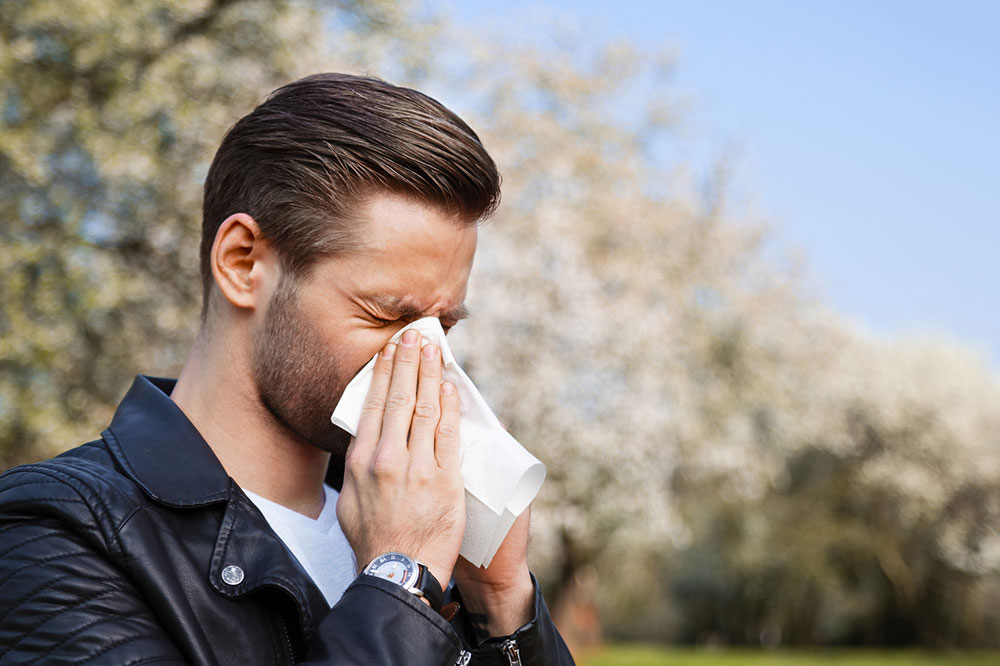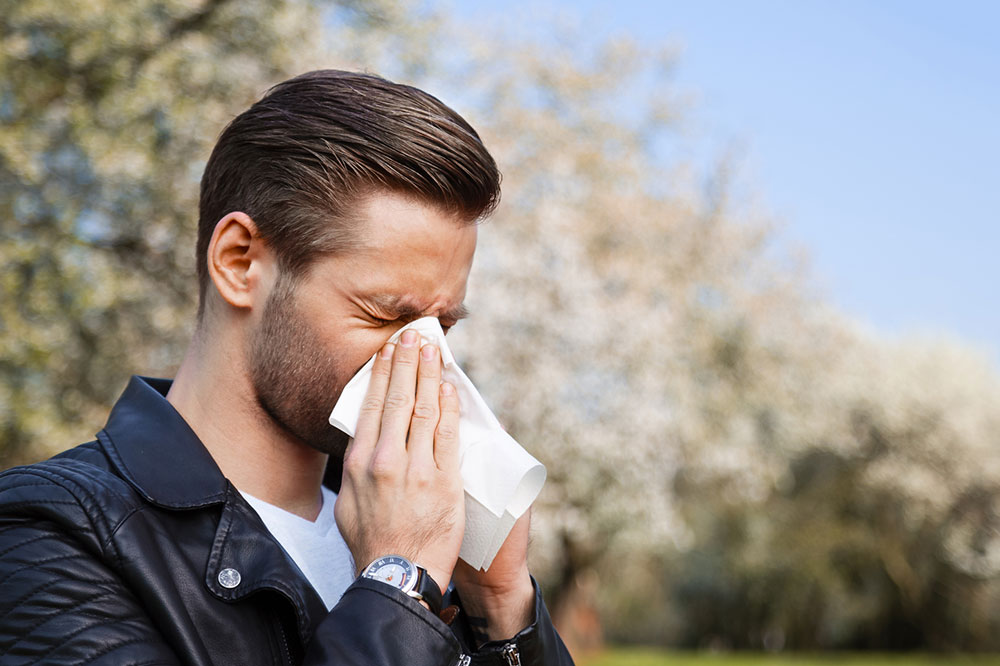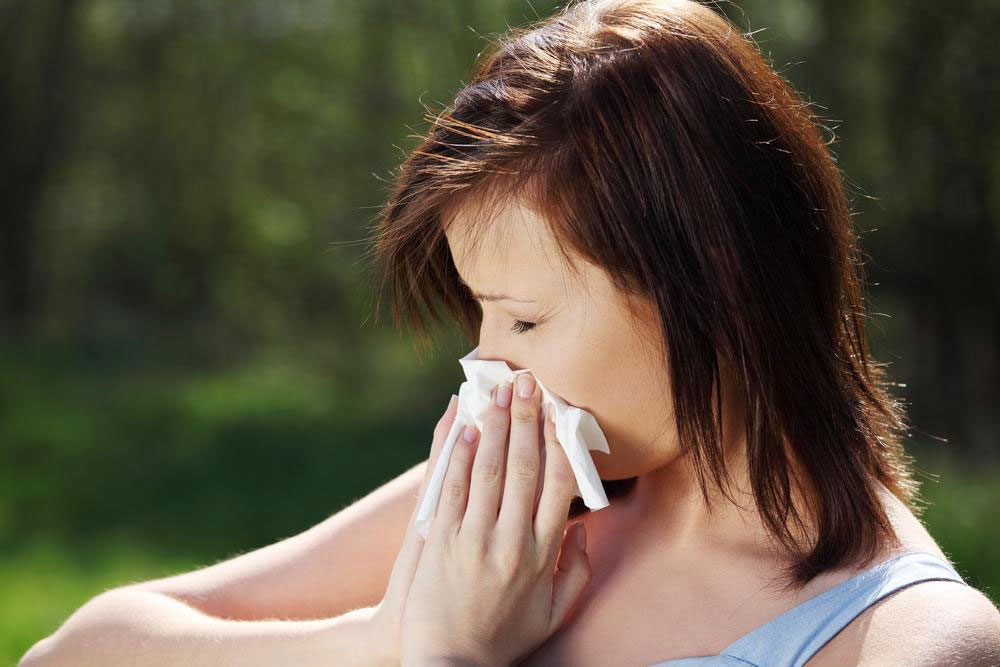Identifying and Managing Typical Allergies: Prevention Tips
This article discusses common allergies, their symptoms, and effective prevention strategies. It covers pollen, dust mites, mold, pet dander, insect stings, latex, food, and drug allergies. Practical tips for avoiding triggers and managing allergic reactions are provided to help individuals reduce health risks and improve quality of life.

Identifying and Managing Typical Allergies: Prevention Tips
Allergies occur when the immune system reacts to substances that typically do not cause issues in most people. For instance, while peanuts are harmless to many, they can be life-threatening for individuals with peanut allergies.
The immune system's primary role is to defend against harmful germs, but when it mistakenly identifies a harmless substance as a threat, an allergic reaction occurs.
Reactions can range from sneezing, itching, skin rashes, nasal congestion, asthma symptoms, to swelling. Severity varies from mild discomfort to life-threatening conditions.

After pinpointing the allergen, treatment options include medications, allergy immunotherapy, and avoiding specific triggers.
Common allergies and their prevention strategies:
Pollen Sensitivity: Causes sneezing, runny nose, itchy eyes, especially during windy winter days. Staying indoors and closing windows can help.
Dust Mite Sensitivity: Symptoms are similar to pollen allergies and can occur year-round. Protect bedding with dust mite-proof covers.
Mold Exposure: Mold thrives in damp environments like basements and bathrooms. Use dehumidifiers and air conditioners to reduce moisture.
Pet Dander: Caused by pet saliva, urine, and shed skin. Limit pet access to bedrooms or avoid keeping pets altogether.
Insect stings from bees, wasps, and fire ants can cause immediate allergic reactions.
Latex Allergy: Difficult to avoid as latex is common in many products such as balloons, rubber gloves, and ATM buttons.
Food Allergies: The immune system overreacts to certain foods. Maintain a list of allergens and avoid them strictly.
Drug Allergies: Some medications, like penicillin, can trigger allergic responses. Inform your healthcare provider about known drug allergies to prevent reactions.










